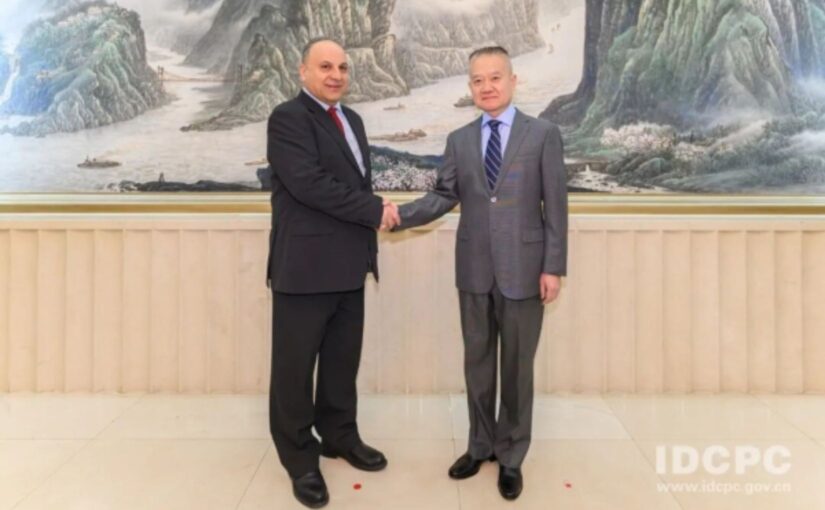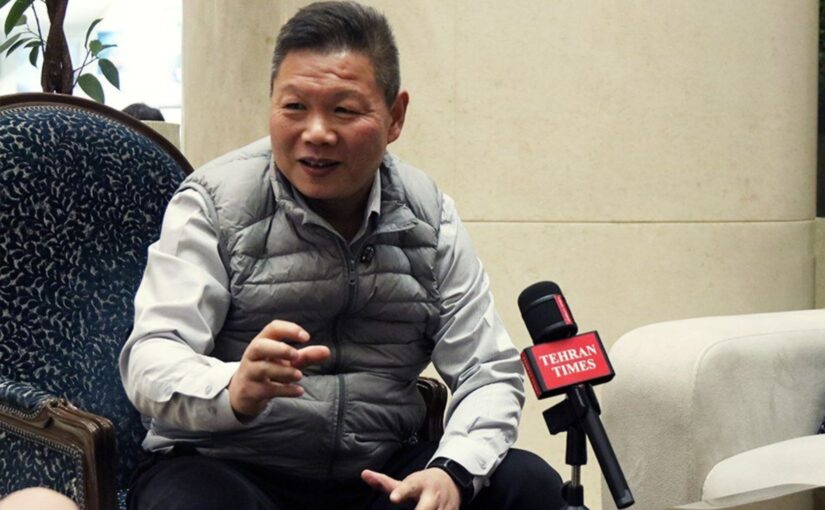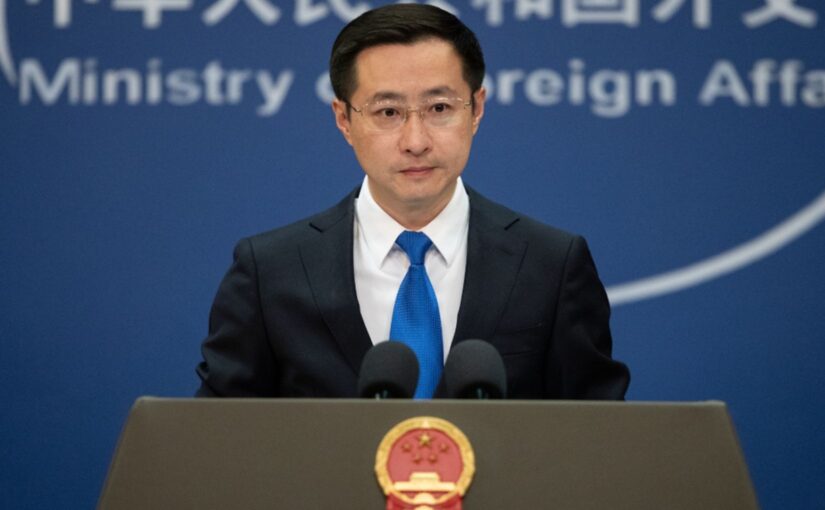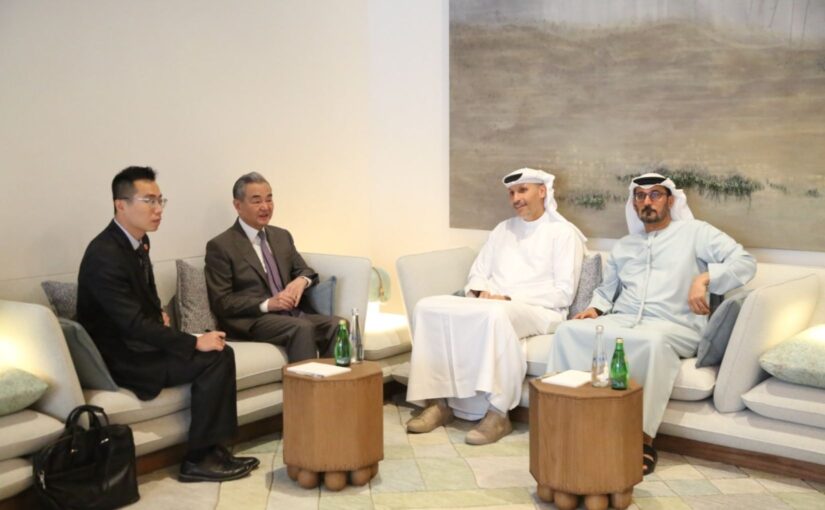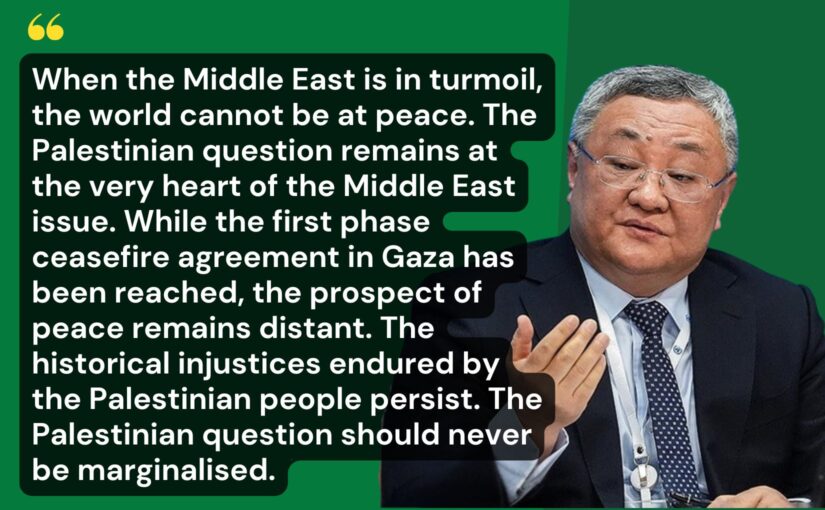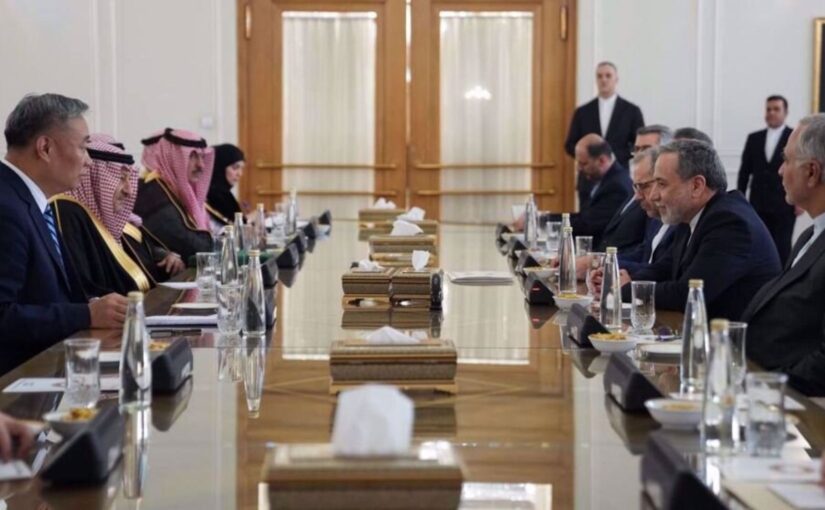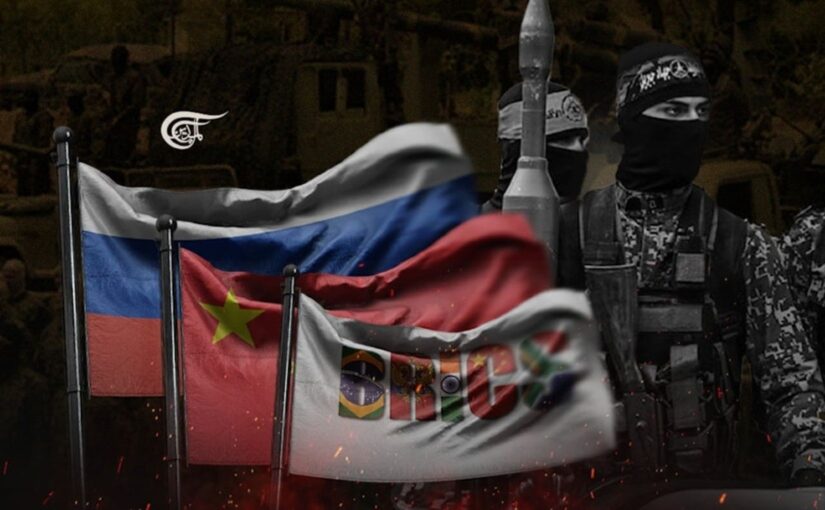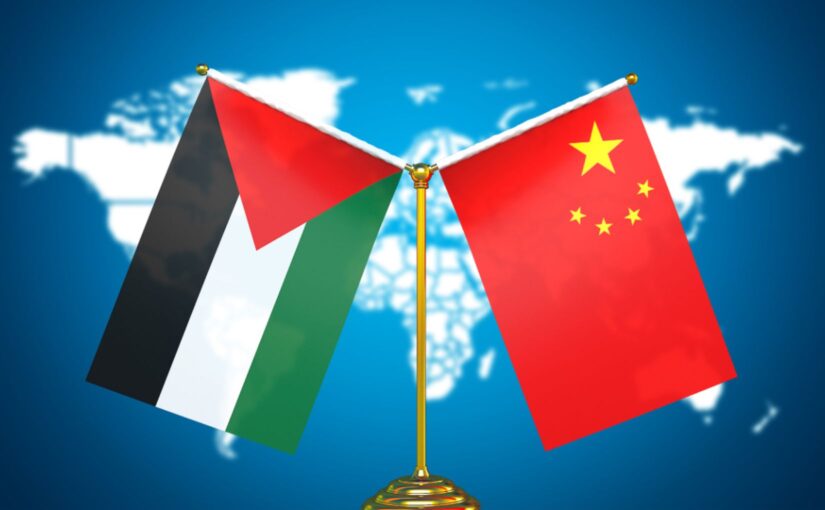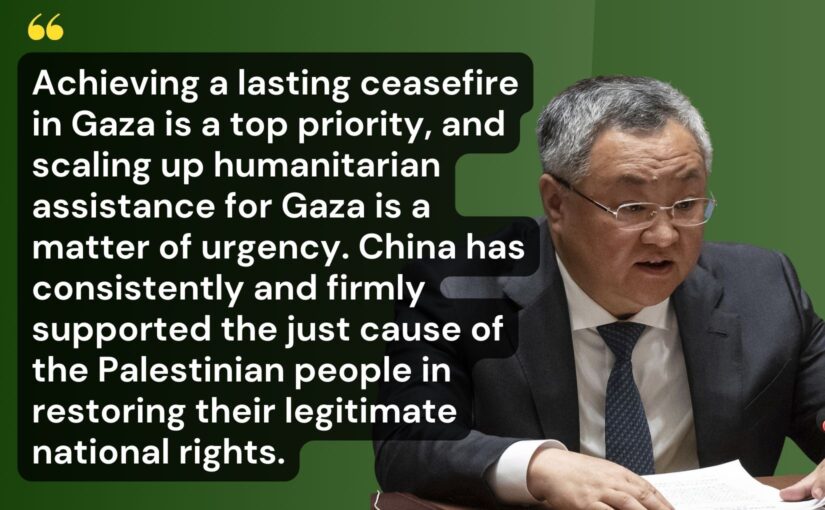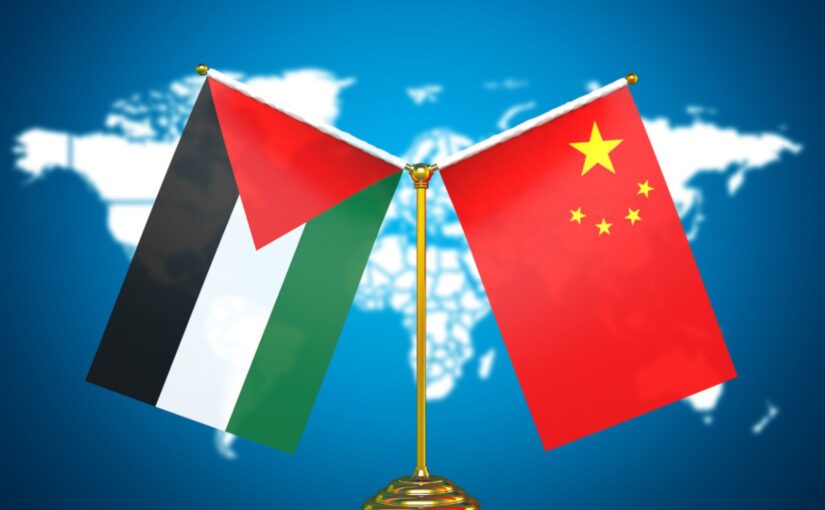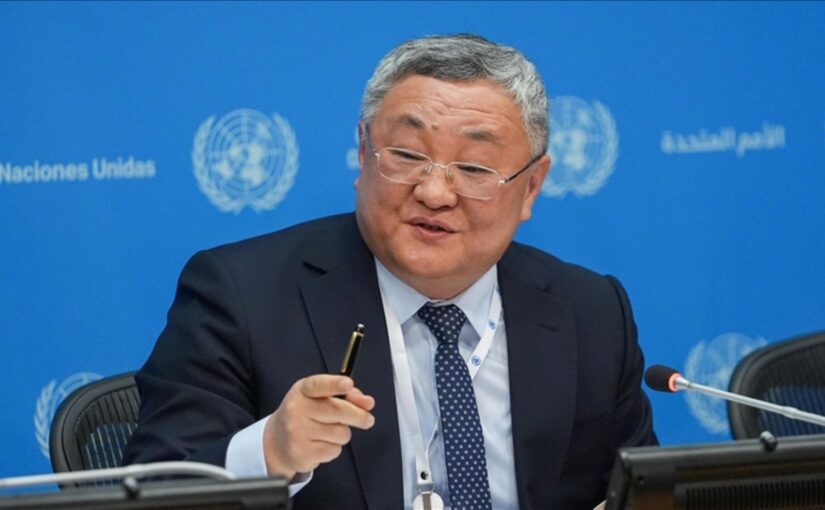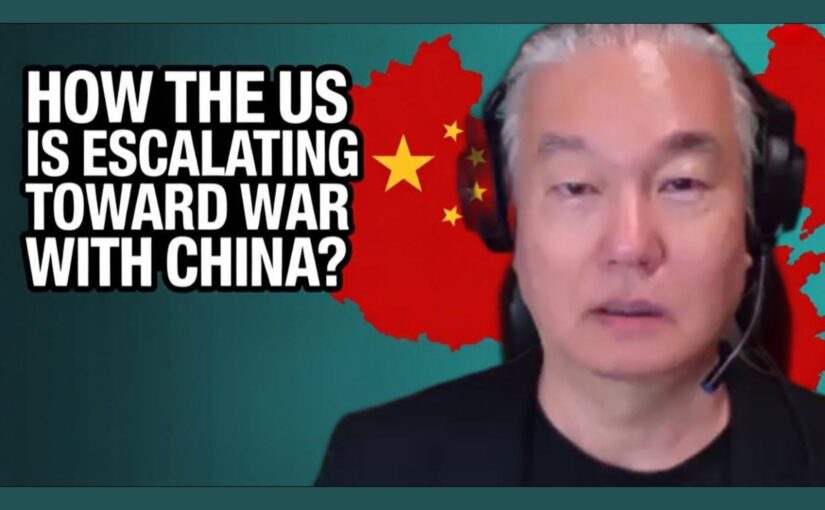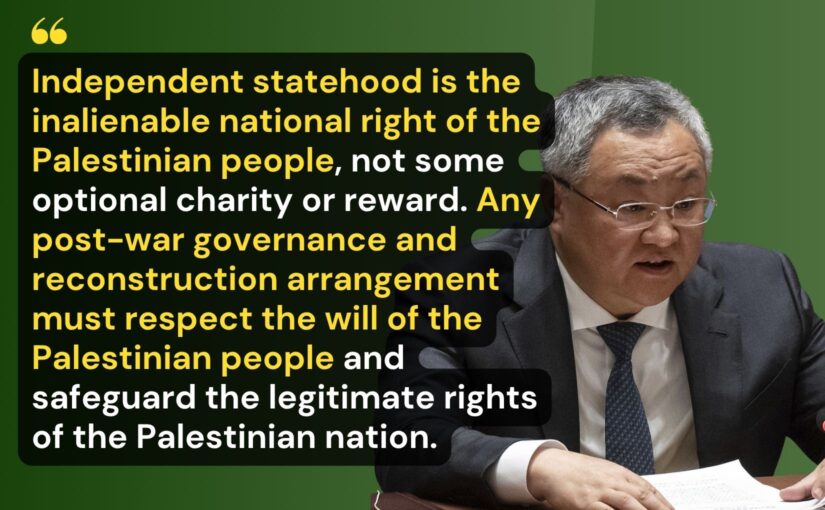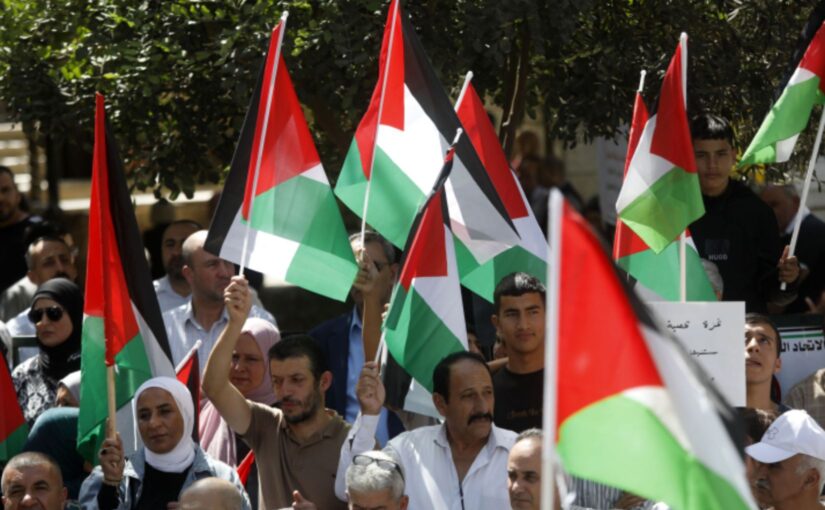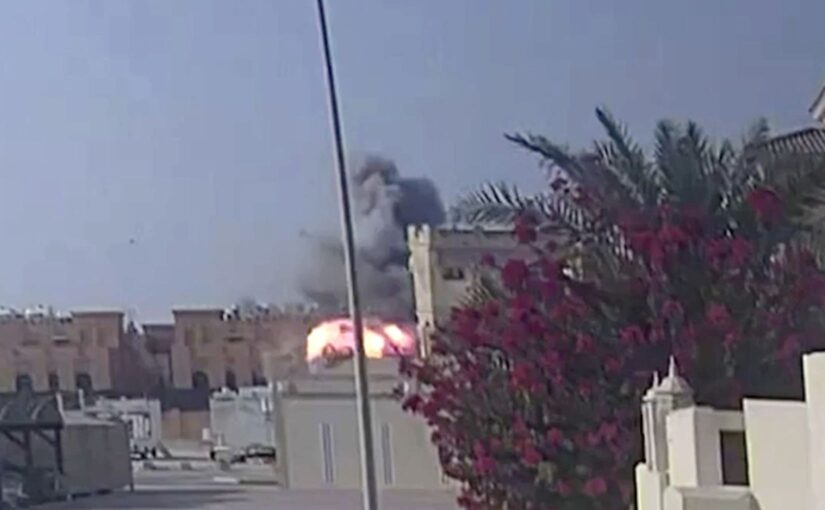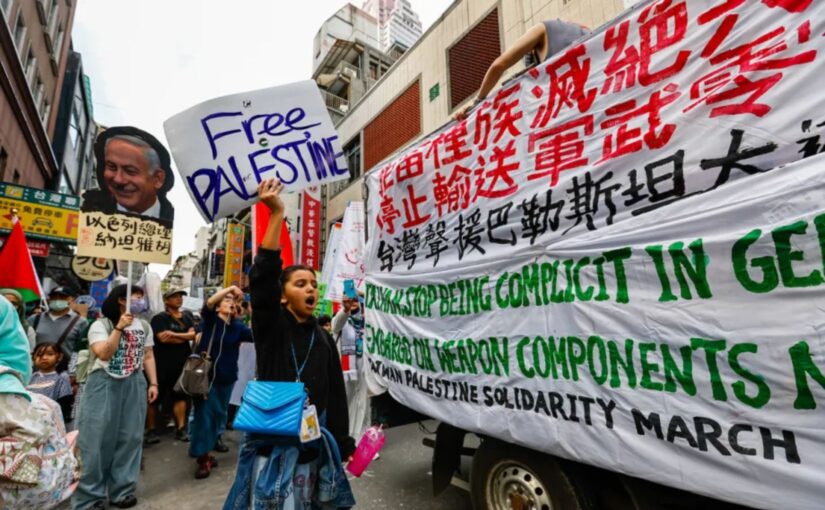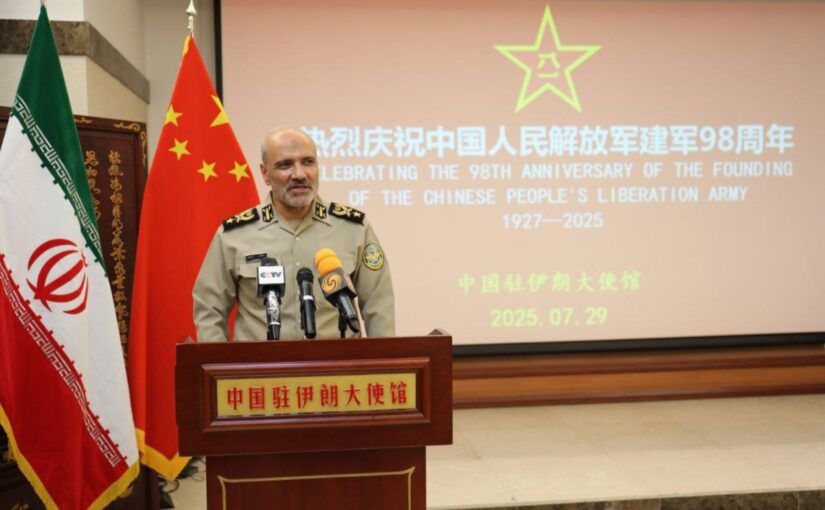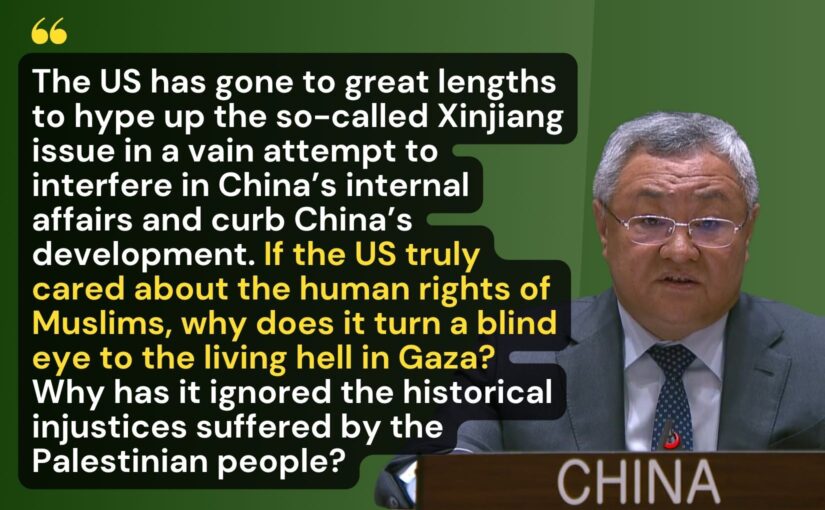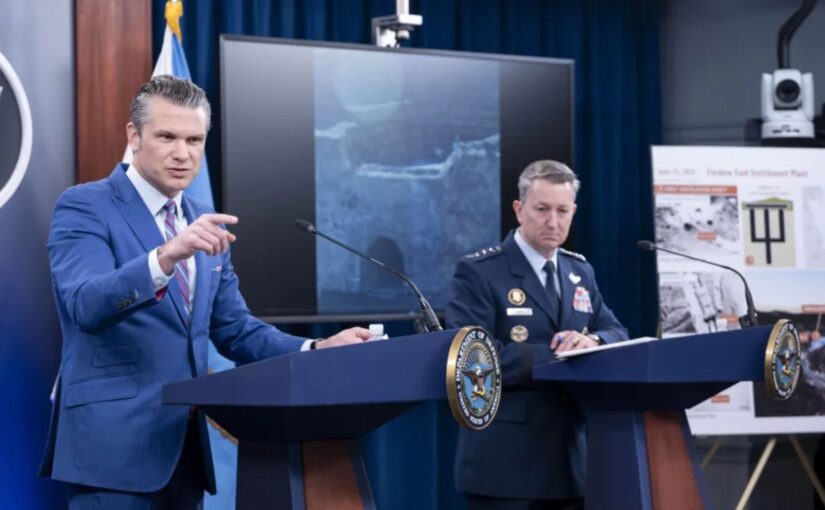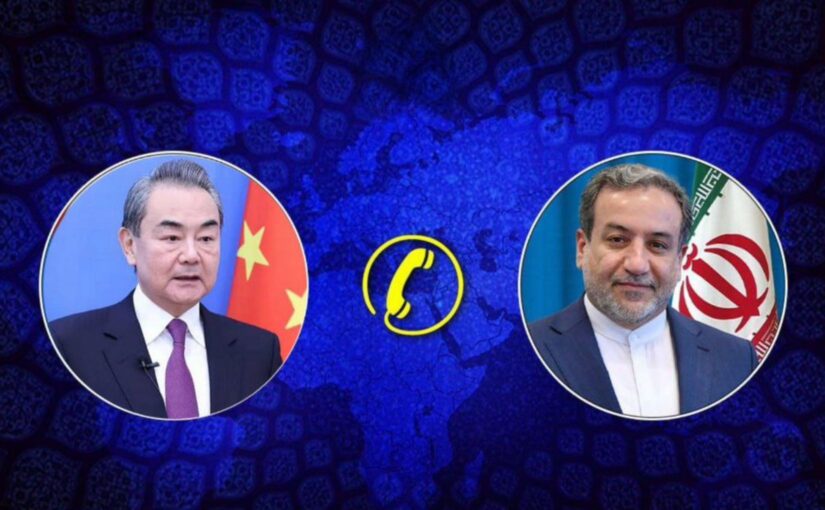Liu Haixing, Minister of the International Department of the Communist Party of China (CPC) Central Committee (IDCPC), met in Beijing on January 16 with a visiting delegation of the Palestinian National Liberation Movement Fatah led by Bassam Zakarneh, Member of Fatah’s Revolutionary Council of Palestine and Fatah’s Deputy Minister of Arab Relations and Chinese Affairs.
Liu said that the CPC is willing to work with Fatah to implement the important consensus reached by the two heads of state, strengthen high-level exchanges, deepen political mutual trust, firmly support each other on issues involving respective core interests and major concerns, enhance experience exchange in state governance and administration and cooperation in areas such as youth and women, strengthen coordination and cooperation in international and regional affairs, and promote greater development of China-Palestine strategic partnership through inter-party channels.
Zakarneh said, Palestine spoke highly of the profound and enduring friendship between Palestine and China and sincerely thanks China for the long-term strong support and selfless assistance to the Palestinian people. Palestine will, as always, firmly support China’s core concerns and the cause of reunification.
The following article was originally published on the IDCPC website.
Liu Haixing Meets with a Fatah Delegation of Palestine
Beijing, January 16th (IDCPC) — Liu Haixing, Minister of the International Department of the CPC Central Committee (IDCPC), met here today with a delegation led by Bassam Zakarneh, Member of Fatah’s Revolutionary Council of Palestine and Fatah’s Deputy Minister of Arab Relations and Chinese Affairs.
Liu said, under the strategic guidance of President Xi Jinping and President Mahmoud Abbas, China-Palestine relations have maintained good momentum of development. The CPC is willing to work with Fatah to implement the important consensus reached by the two heads of state, strengthen high-level exchanges, deepen political mutual trust, firmly support each other on issues involving respective core interests and major concerns, enhance experience exchange in state governance and administration and cooperation in areas such as youth and women, strengthen coordination and cooperation in international and regional affairs, and promote greater development of China-Palestine strategic partnership through inter-party channels. Liu also introduced the main achievements of the fourth plenary session of the 20th CPC Central Committee and the fifth plenary session of the 20th CPC Central Commission for Discipline Inspection.
Zakarneh said, Palestine highly spoke of the profound and enduring friendship between Palestine and China and sincerely thanks China for the long-term strong support and selfless assistance to the Palestinian people. Palestine will, as always, firmly support China’s core concerns and the cause of reunification. Fatah pays close attention to the Recommendations of the Central Committee of the Communist Party of China (CPC) for Formulating the 15th Five-Year Plan for National Economic and Social Development adopted at the fourth plenary session of the 20th CPC Central Committee, and is willing to further deepen exchanges and cooperation with the CPC, learn from China’s successful experiences in aspects such as comprehensively exercising rigorous governance over the Party, cultivation of cadres and economic development.
The two sides also exchanged views on international and regional issues of common concern.
Jin Xin, Assistant-minister of the IDCPC, Firas Shomaly, Member of Fatah’s Revolutionary Council of Palestine, and Jawad Mohammed Qutish Awad, Palestinian Ambassador to China, and others, were present.
